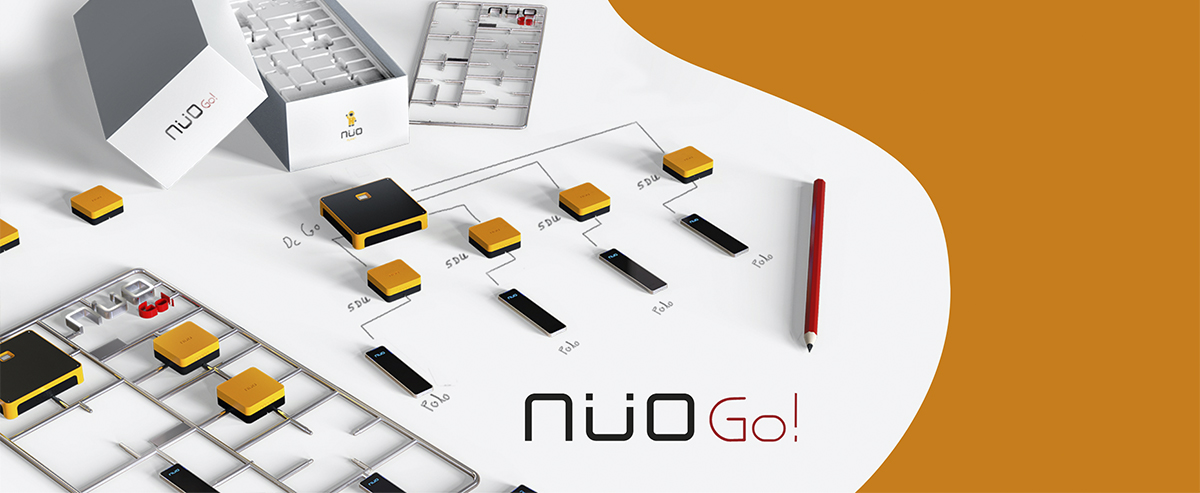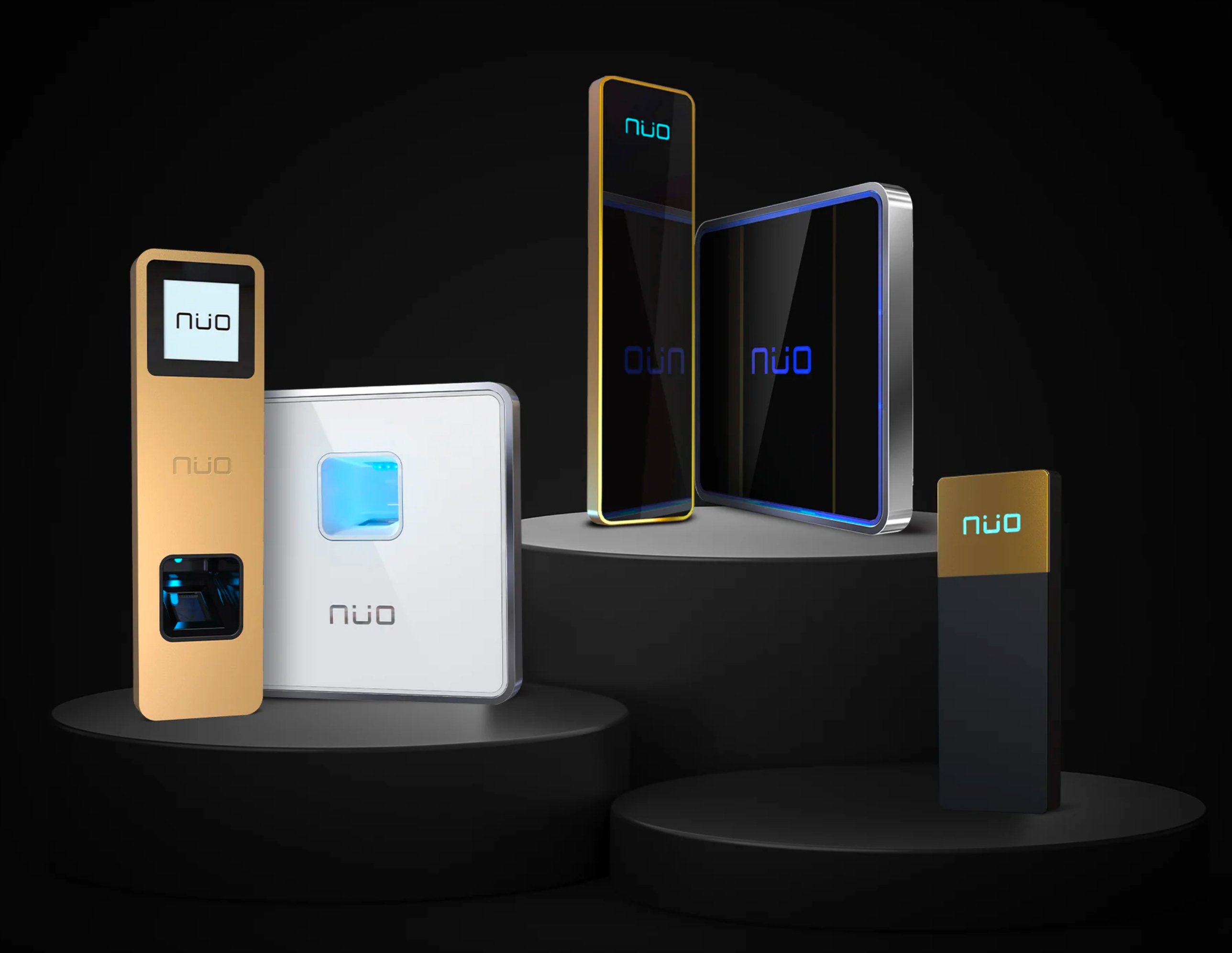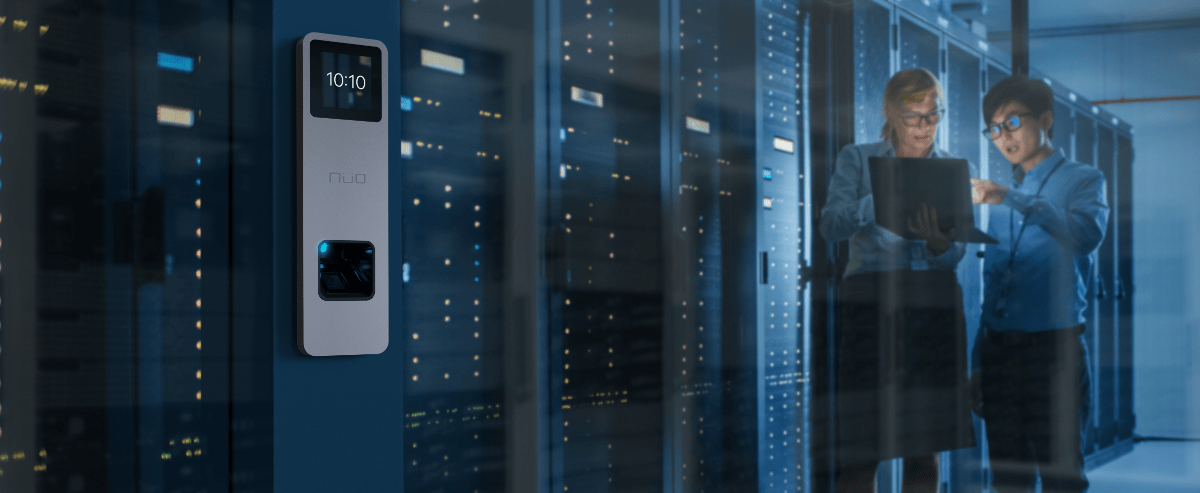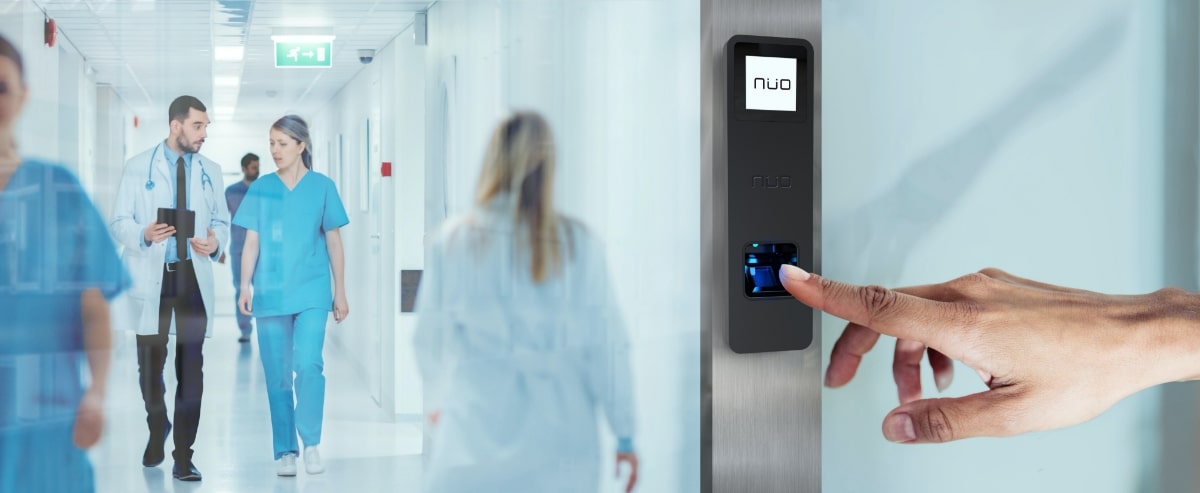Access control systems in companies and homes are essential to guaranteeing the security of all spaces as they prevent the entry of intruders and unauthorised third parties in order to protect the integrity of the property and the individuals who are in it. Having these systems is a guarantee of peace of mind and security, however, not all access control systems are the same, nor do they all provide the same level of protection. For this reason, it is important that the customer (and the installer of the equipment) understands the advantages of choosing one system or another and the differences that exist between them, in particular when making such a relevant decision like that of the purchase of a security system to safeguard what is most important to us. To help you make this choice, in today's post, we are going to focus on explaining in detail the differences between a wired versus a wireless access control system, and why the former is a better option than the latter when it comes to security.
Differences between wired vs wireless access control systems
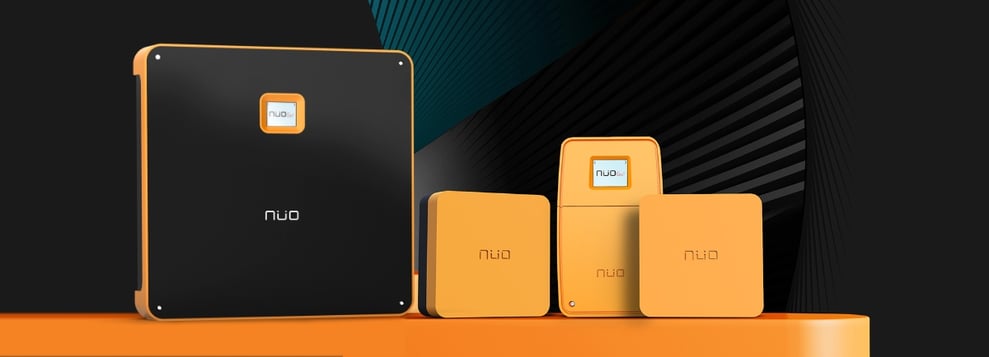
Wired solutions
In wired access control systems, the readers are connected to each other by one or more central units (controllers) in which all the system's information is stored and all the input and output data is recorded, something that allows the different elements of the system to share information among themselves, making the system more secure and "smart". This occurs because all the information resides in the system, where the system is the one to make the decisions when a credential is shown to the door reader.
A major advantage of wired access control systems is that all the information is recorded in real time, allowing for ongoing monitoring of the status of accesses, and being able to instantly detect any suspicious event, such as an attempted unauthorised access or access outside the permitted schedule.
Wired access control systems are the ultimate representation of security. What's more, at NÜO Planet we further increase the security of the installation through a configuration with secure door units (SDU), which are always installed in the secure area, that is, inside the building, thus preventing the readers from being manipulated and the security of our company or home from being breached.
Furthermore, at NÜO Planet, we are leaders in protecting maximum security environments for two fundamental reasons. The first is due to the wired configuration of our solutions, which include a multitude of extra elements that raises the security level to the maximum; and the second, which is due to the use of proprietary communication protocols based on complex encryption algorithms that prevent breaches of system information. Because a proprietary protocol will always be more secure than an open language.
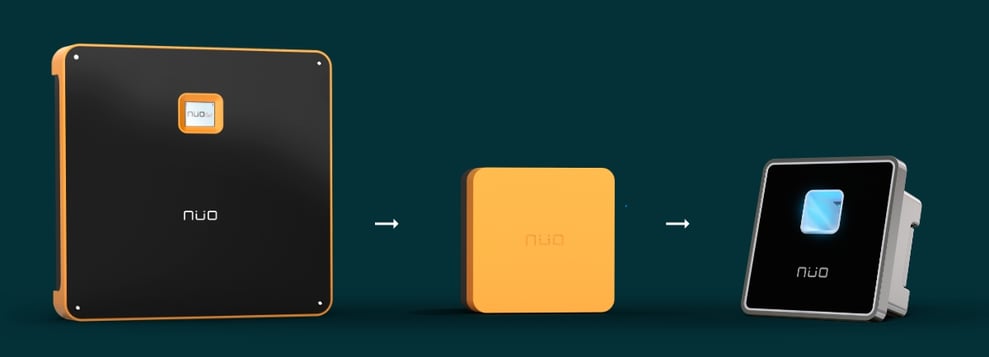
How exactly does a wired system work?
The controller is wired to the door units (a single cable for each door to avoid the cable tangling of traditional access control systems, facilitating a quick and easy installation) and these to the lock where there is a reader. This reader is outside the building, but in a wired system the reader does not have its own intelligence, since the intelligence is found in the controller that is strategically placed inside the building. This means that if a third-party wants to illegally access the building, no matter how hard they try to tamper with the entry reader, absolutely nothing will happen, making it impossible to access the company network or force the door to open by manipulating the reader connections. The door will remain closed, making the building completely secure.
Standalone or wireless solutions
Unlike wired solutions, where the system's intelligence is always in the secure area of the installation, in standalone solutions the opposite happens. Instead of having a brain inside the building from which the doors and readers are controlled, in wireless systems, the reader is the one with the intelligence.

Therefore, anyone could manipulate it, and for someone trying to access a protected space, it would be as easy as knowing which cables to cut to gain full access and open the door. A solution with no security guarantees that is meant to protect your business or home. Furthermore, the person who tries to breach the security of a wireless installation that works via Wi-Fi will have an even easier time, since they do not physically have to go to the location, but instead, just like public Wi-Fi networks that are easily hacked, these systems are remotely vulnerable via the internet since they are not wired and operate through wireless networks.
Therefore, it is highly important when choosing an access control system for your company or home to be aware of and be informed of the level of security that each solution provides and always opt for a system that correctly secures all spaces and effectively protects people, property and assets.
Advantages of wired access control systems
- Greater security: Their security level is much higher, since the system's intelligence is always placed in the installation's secure area. This means that, in a wireless system, in addition to being able to open the door and access the building, the security of the data stored in the system can also be compromised. In a wireless system, all the information resides in the reader, so someone could take it with them and access it. While in a wired system, user data is found encrypted in the controller, which is located in the secure area of the facility.
- Information in real time: You have access to all the information in real time, since it is instantly updated in the system, and all the actions that are carried out have an immediate effect on the system. This is very important when removing users. For example, if you have had a problem with an employee and you fire them, you'll want their permissions to be cancelled right away so that all their accesses are blocked. This won't happen in standalone "data on card" systems, which have a very limited capacity and aren't capable of working in real time, with the information needing to be updated periodically by passing a master card through each reader manually. For example, in this case, if you want to block an employee's access, first you have to be aware of the employee's termination and second, you must notify the system administrator, and third, the administrator has to pass the master card through each reader individually in order for the system to update its information and block the user's access. A solution with zero security guarantees.
- Less maintenance: The maintenance of wired systems is minimal and very quick and easy as all the information is centralised in the controller. As a result, when updating the equipment, you have access to all the readers from the controller, with the update taking place almost automatically for the entire system. While in a wireless access control system, the administrator will have to connect to each reader, one by one, to update them to the required version.
- Difficult-to-intercept communications: In the case of the wired solutions offered by NÜO, all the information is encrypted, that is, it is written in a specific language so that the individual who intercepts the message can't understand it and, therefore, can't do anything with said information. However, in other wired and wireless systems, even though the information may also be encrypted, the systems can be easily inhibited, preventing them from operating normally.
When you opt for a standalone access control solution, it's almost always done to save costs. The initial investment of a wired access control system is greater than the cost of a standalone one due to the cost associated with wiring the installation. However, going with this option is putting the security of the building at risk, and also, in the long term, wired access control systems are more profitable due to their minimal maintenance and high reliability (in relation to the cost of access control systems, we recommend this article on the hidden costs of access control solutions).
In conclusion, when choosing a security solution for your home or business, remember that cheaper is always more expensive in the long term and, above all, don't put the security of what matters most to you at risk. Because not everything is created equal when it comes to security.
Escrito por: NÜO Planet
Categorías: Security, Access Control, Installers, Essentials
